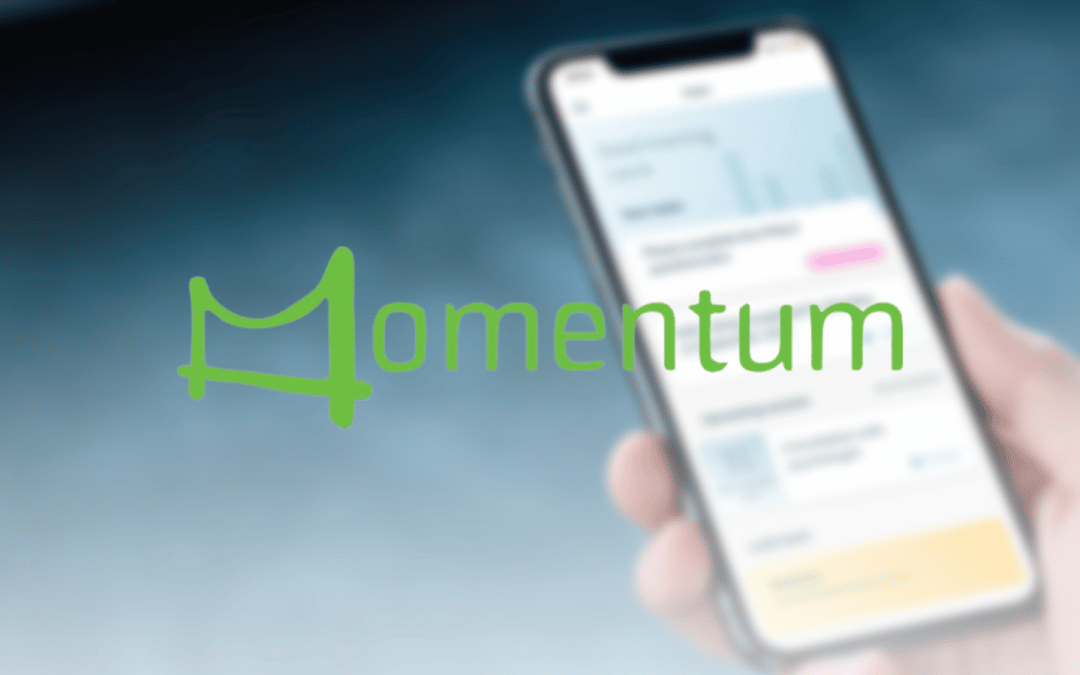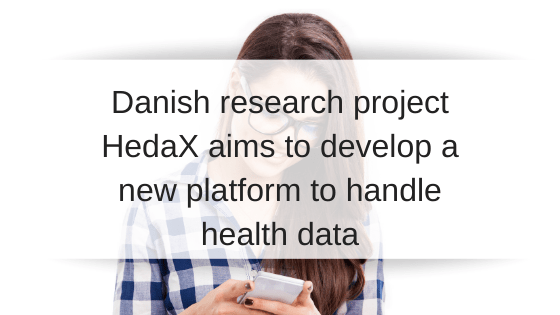
Digital health as a support tool for waiting lists in mental health services
The need for mental health support is growing in Europe, and waiting lists are becoming longer as mental health services struggle to meet the demand. But are additional human resources really the answer to these problems, or do we maybe need to search for new solutions?
In Denmark, over 500.000 Danish citizens currently live with one or multiple mental health disorders [1] and approximately half of the Danish population will suffer from a mental illness at least once in their lifetime [2].
The need for mental health support is thus at an all-time high. However, the average waiting time to see a psychologist in Denmark is around 16 weeks, and in many cases, patients easily wait up to 20 weeks before their first treatment [3].
New studies have found that every 10th person needing psychological support in Denmark decides not to seek help due to the long waiting lists. Amongst young people, this number is even higher: In the last three years, every 5th young person who needed psychological treatment decided not to seek help due to long waiting times [4].
In the UK, waiting times for psychological help are almost equally as long as in Denmark. According to research by the Royal College of Psychiatrists, almost a quarter (23%) of adults suffering from mental illness in the UK face waiting times of over 12 weeks before receiving treatment. Recently, it has thus been reported that individuals with mental illness waiting for treatment increasingly turn to the A&E or even dial 999 in desperate need of help [5].
Research has found waiting lists in mental health services to be “associated with negative psychological and physiological responses such as anxiety and stress”, which usually worsen the longer an individual suffering from mental illness needs to wait for treatment [6].
The lack of resources in mental health services is hence a problem that needs to be tackled urgently [2] – but it is unlikely that enough healthcare professionals can be hired in the short term to address this problem.
This is where digital technologies can play an important role in supporting people waiting for mental health treatment. Digital health solutions for mental health, for instance, offer the potential to screen individuals while they are still on the waiting list. Additionally, digital health solutions can provide individuals with useful tools and psychoeducational material to better manage their mental health while they are waiting to receive care.
Everyone deserves access to mental healthcare. The integration of digital solutions in healthcare bears huge potential, and it needs to happen timely. There is never a better time to act.
——————————————————————————————————————————-
About Monsenso
Monsenso is an innovative technology company offering a digital health solution used for decentralised trials, remote patient monitoring and treatment support. Our mission is to contribute to improved health for more people at lower costs by supporting treatment digitally and leveraging patient-reported outcomes data. Our solution helps optimise the treatment and gives a detailed overview of an individual’s health through the collection of outcome, adherence, and behavioural data. It connects individuals, carers, and health care providers to enable personalised treatment, remote care, and early intervention. We collaborate with health and social care, pharmaceuticals, and leading researcher worldwide in our endeavours to deliver solutions that fit into the life of patients and health care professionals. To learn more visit www.monsenso.com.
References:
[1] EN AF OS (n.d.). About EN AF OS. Sundhedsstyrelsen.
http://www.en-af-os.dk/da/English/About-us#:~:text=Statistically%2C%201%20in%205%20Danes,they%20will%20get%20well%20again.
[2] Sundhedsstyrelsen (2022). Fagligt oplæg til en 10-årsplan.
https://www.sst.dk/da/Udgivelser/2022/Fagligt-oplaeg-til-en-10-aarsplan
[3] Kofoed et al. (2022). Millioner til psykologhjælp forbliver ubrugte trods rekordlange ventetider. DR.
https://www.dr.dk/nyheder/politik/kommunalvalg/millioner-til-psykologhjaelp-forbliver-ubrugte-trods-rekordlange
[4] Gjensidige Forsikring (2022). Lang ventetid får mange til at droppe besøg hos læge, tandlæge og psykolog. Ritzau.
https://via.ritzau.dk/pressemeddelelse/lang-ventetid-far-mange-til-at-droppe-besog-hos-laege-tandlaege-og-psykolog?publisherId=9709319&releaseId=13657774
[5] Gregory, A. (2022). Patients turning to A&E as wait times for NHS mental health treatment spiral. The Guardian.
https://www.theguardian.com/society/2022/oct/10/nhs-mental-health-patients-wait-times
[6] Punton, G., Dodd, A.L. & McNeill, A. (2022). ‘You’re on the waiting list’: An interpretive phenomenological analysis of young adults’ experiences of waiting lists within mental health services in the UK. PLoS ONE, 17(3).
https://doi.org/10.1371/journal.pone.0265542



